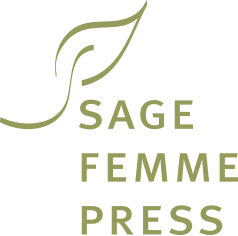I marvel at those who can spin an elaborate tale. Take Jane Smiley. I just finished reading her 1400-page Some Luck trilogy. In three books, one chapter for each year from 1920-2019, she tells the story of the Langdons, an Iowa farm family, as they and five generations of their descendants make their way through a century and the world. It’s also a cultural history of those decades. So much was recognizable to me—the particular toy a child received for Christmas, the breakfast cereal another ate, the cult that one of the young women managed to escape, the parts of Washington DC that I happen to know, wars, political and financial upheavals and so on.
How did she research and construct it? How did she create and manage dozens of characters whom I could barely keep track of with the aid of the family tree printed inside each front cover? How did she keep me engrossed through 1400 pages and 100 years?
Me? I’m one who starts a story then grows too impatient to flesh it out with color, detail and interesting asides. Even among friends who are in a listening mood, I’m overtaken by the impulse to condense:
Long story short, we made it through.
Long story short, that letter to the editor never got published.
Long story short, it was him all along.
In poetry and essays, I enjoy cutting to the quick, distilling a thought to its essence and letting the rest vaporize. To layered meaning, metaphor and resonant language I say yes, but weaving an elaborate tapestry of people, places, and plot—it’s simply not my métier.
Long story short, I like to think that poetry and essay (including the short notes I post here) are gifts I have to give. Each of us has a hunger for variety but a unique expression of creativity. I’m gratified to have discovered what mine is.
